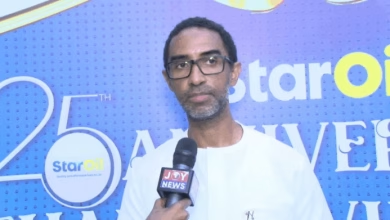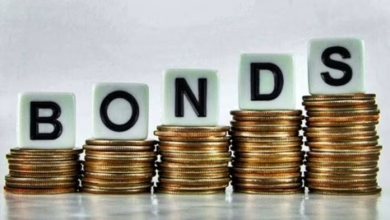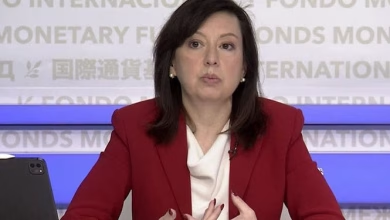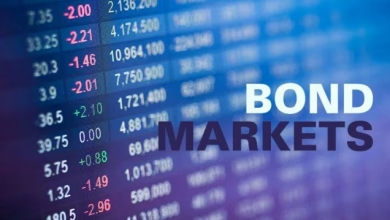Ghana Tackles Energy Challenges Head-On at World Bank/IMF Spring Meetings
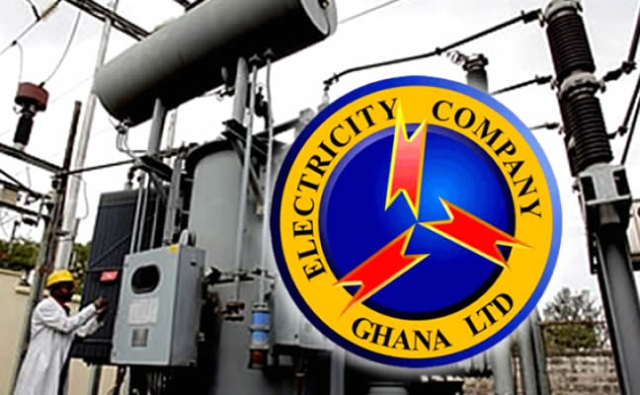
- Ghana's Finance Minister, Dr. Mohammed Amin Adam, addressed investors at the World Bank/IMF Spring Meetings
- He acknowledged the challenges but emphasized the government's bold approach to ensure long-term sustainability.
- Tariff reforms are another strategy to address fiscal challenges.
Ghana’s Finance Minister, Dr. Mohammed Amin Adam, addressed investors at the World Bank/IMF Spring Meetings, assuring them of the government’s proactive measures to address the energy sector’s issues, particularly in electricity.
He acknowledged the challenges but emphasized the government’s bold approach to ensure long-term sustainability. A key initiative is the Energy Sector Recovery Programme launched in 2019 to achieve financial stability.
Cost Management and Renegotiation
Dr. Adam highlighted cost management as a critical focus area. He mentioned ongoing efforts to renegotiate contracts with Independent Power Producers (IPPs), exceeding $1.9 billion annually. He emphasized the financial strain caused by subsidizing these contracts, equivalent to 2% of Ghana’s GDP. Renegotiation aims to reduce generation costs, especially capacity charges.
Tariff Reforms and Revenue Generation
Tariff reforms are another strategy to address fiscal challenges. Automatic tariff adjustments have been implemented to account for inflation, particularly in the generation mix.
The Minister underscored the importance of revenue generation. He highlighted a multi-year tariff framework by the Public Utilities Regulatory Commission (PURC), leading to a 70% increase in revenue since September 2022.
Collaboration with International Partners
Collaboration with the World Bank and IMF is crucial. Discussions are ongoing for a program to improve metering systems and collection efficiency. Procuring an additional 1 million meters is planned to address these issues.
Ghana’s Success Story in Electricity Access
Responding to a question, Dr. Adam explained Ghana’s remarkable achievement in increasing electricity access from 30% in 1994 to nearly 89% in 2024. He attributed this success to deliberate government planning and public participation.
Ambitious Goal of Universal Access
Dr. Adam announced an ambitious goal of achieving universal electricity access (over 90%) by the end of 2024. This underlines the government’s commitment to nationwide energy accessibility.
He acknowledged the remaining challenge of reaching off-grid communities. The government plans to address this through mini-grids and other small-scale systems.
This revised story condenses the original while maintaining key points. It emphasizes Ghana’s proactive approach, specific measures taken, and future goals for a more sustainable and accessible energy sector.



